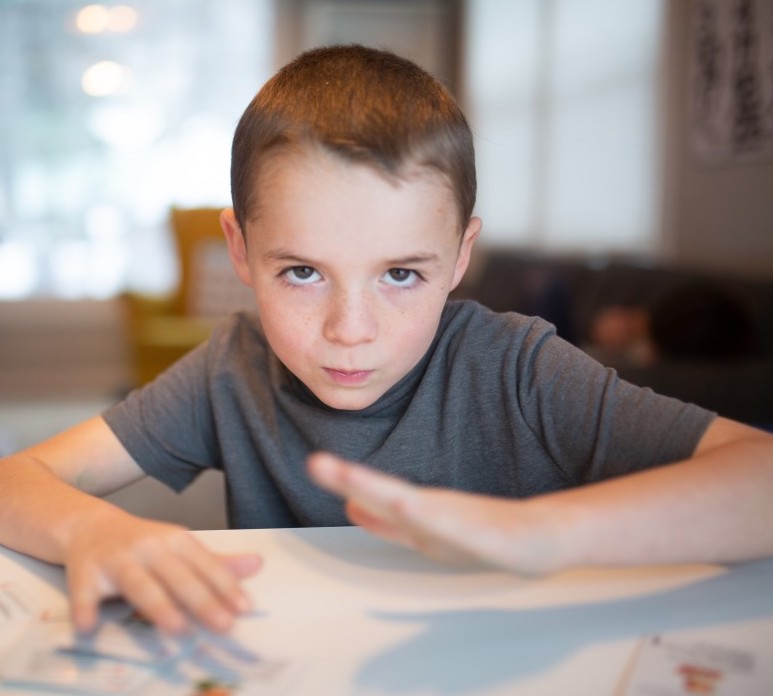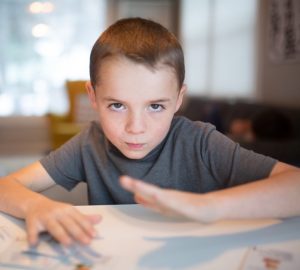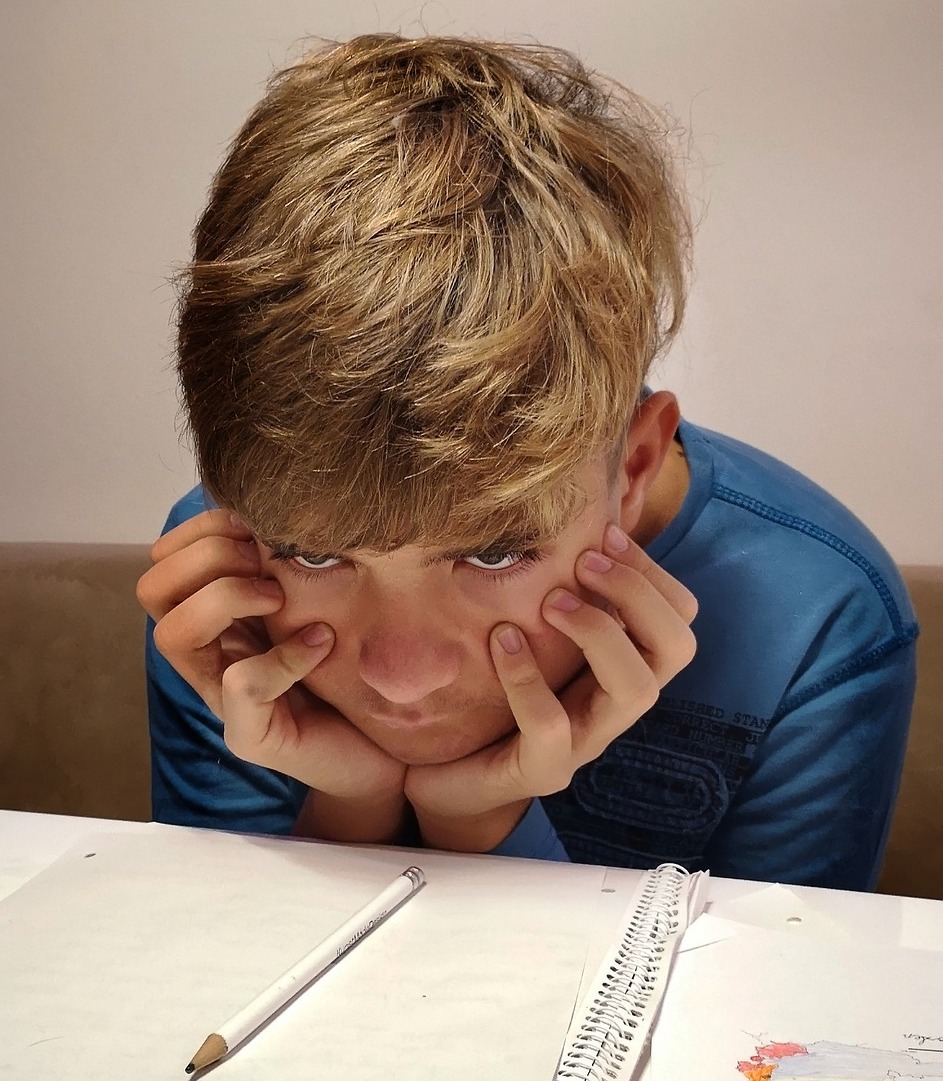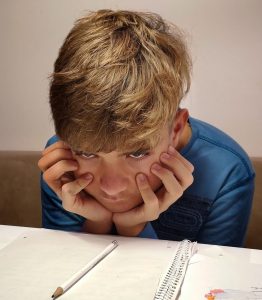Empowering Families: The Transformative Impact of SPACE Training for Children with Anxiety and OCD
by Amy DiLaura, CHC Marketing Manager
 Parents of children with anxiety and obsessive-compulsive disorder (OCD) know that the path to improvement isn’t always a straight line. These issues can be challenging to manage, and often require a comprehensive approach involving therapy, support, and sometimes medication.
Parents of children with anxiety and obsessive-compulsive disorder (OCD) know that the path to improvement isn’t always a straight line. These issues can be challenging to manage, and often require a comprehensive approach involving therapy, support, and sometimes medication.
In addition to traditional patient-based therapy, sometimes families can benefit from SPACE (Supporting Parents for Anxious Childhood Emotions) training: an approach that focuses on teaching parents or caregivers how to support their children in managing anxiety-related behaviors. Read more »

 In this Voices of Compassion episode, we discuss the sensitive but critical topic of teen suicide. In our conversation with CHC Doctoral Psychology Intern,
In this Voices of Compassion episode, we discuss the sensitive but critical topic of teen suicide. In our conversation with CHC Doctoral Psychology Intern, 
 “Post-graduation depression” describes depressive symptoms that occur after a person finishes college or university. Although it is not a medically recognized term, it is an experience many young adults may relate to.
“Post-graduation depression” describes depressive symptoms that occur after a person finishes college or university. Although it is not a medically recognized term, it is an experience many young adults may relate to. 
 Conduct disorder is the mental health condition that is diagnosed when children or teens exhibit serious aggressive and antisocial behaviors that violate rules or rights of others, with little to no guilt or concern regarding their actions.
Conduct disorder is the mental health condition that is diagnosed when children or teens exhibit serious aggressive and antisocial behaviors that violate rules or rights of others, with little to no guilt or concern regarding their actions. 
 Parents, have you talked to your kids about vaping nicotine yet?
Parents, have you talked to your kids about vaping nicotine yet?
 What does an appropriate and reassuring conversation with children about a cancer diagnosis look like?
What does an appropriate and reassuring conversation with children about a cancer diagnosis look like?
 COVID-19 taught most people that the line between tolerable and toxic stress – defined as persistent demands that lead to disease – varies widely. But some people will age faster and die younger from toxic stressors than others.
COVID-19 taught most people that the line between tolerable and toxic stress – defined as persistent demands that lead to disease – varies widely. But some people will age faster and die younger from toxic stressors than others.
 At a time when
At a time when 
 Forgiving and moving on is just as important in repairing a relationship as apologizing and making up for a mistake. As adults, we know the importance of forgiveness in our relationships, but what about for our children? How do they learn to forgive others and move on? And is there anything we can do to teach them to be more forgiving?
Forgiving and moving on is just as important in repairing a relationship as apologizing and making up for a mistake. As adults, we know the importance of forgiveness in our relationships, but what about for our children? How do they learn to forgive others and move on? And is there anything we can do to teach them to be more forgiving? 
 Teens’ focus is interrupted, on average, every 90 seconds. Something as simple as an audible notification can draw focus away from a task. In schools, multiple distractions across the classroom create an almost impossible task of staying on topic and focused
Teens’ focus is interrupted, on average, every 90 seconds. Something as simple as an audible notification can draw focus away from a task. In schools, multiple distractions across the classroom create an almost impossible task of staying on topic and focused

